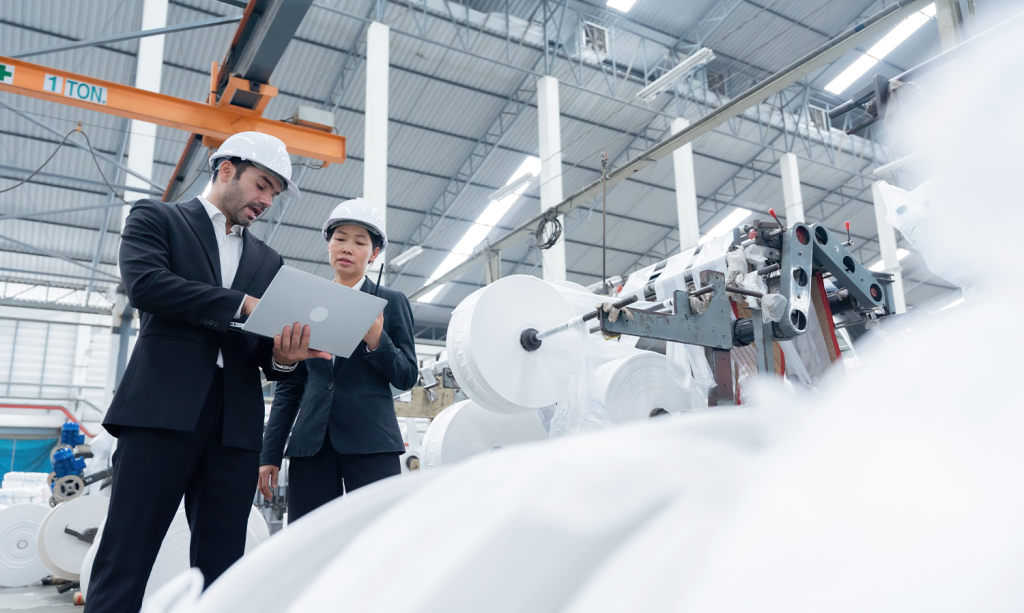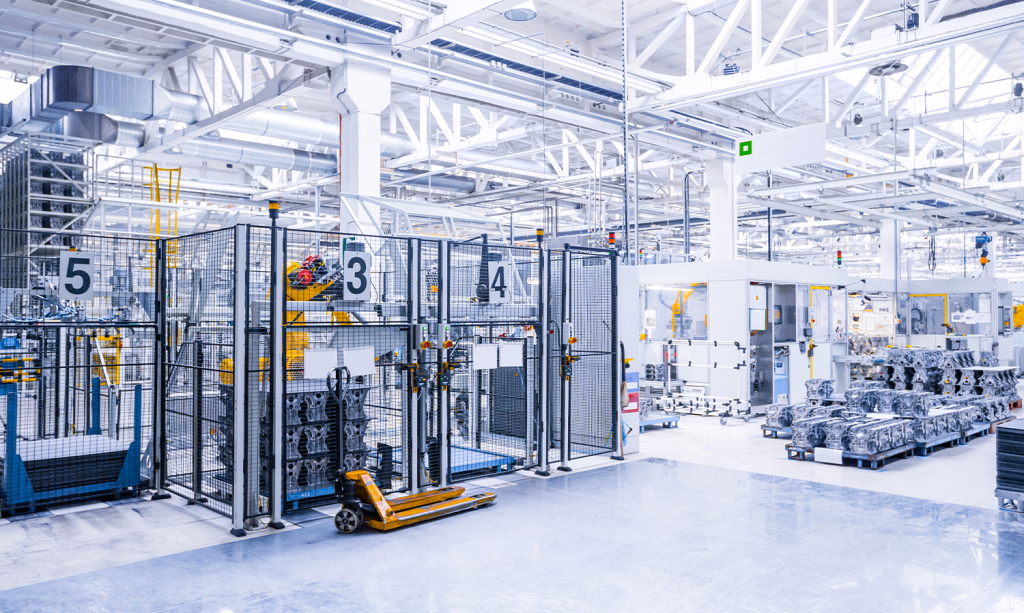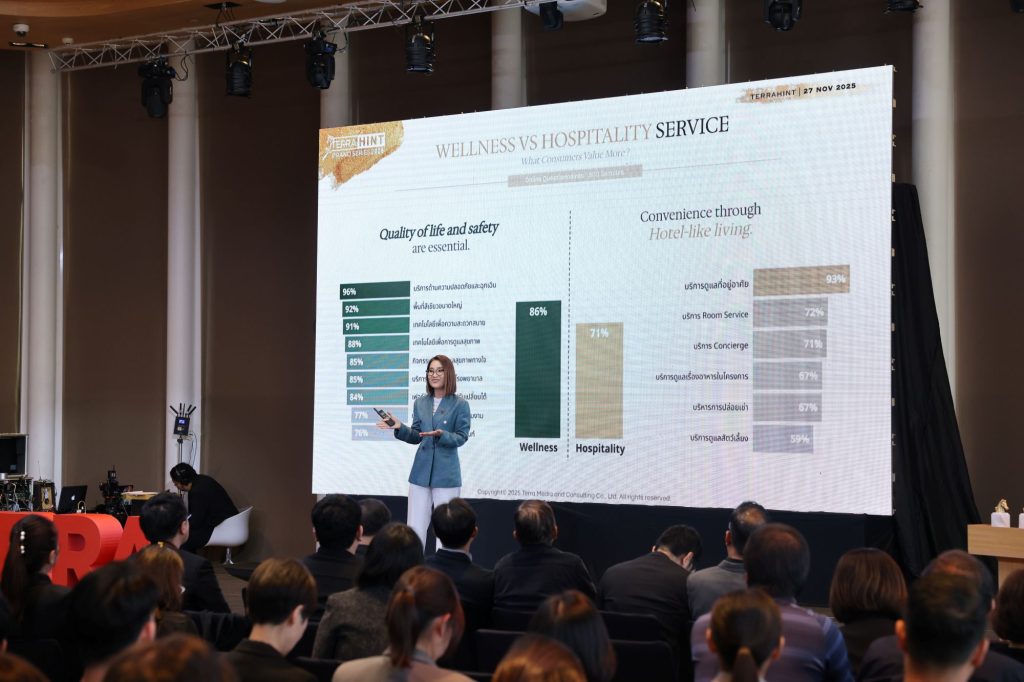NEWS & EVENTS

In recent years, Thailand has become one of the attractive destinations for industrial factories and international investment. According to a report from UNCTAD in 2024, Asia received over $600 billion in Foreign Direct Investment (FDI) with Southeast Asia specifically seeing a 10% increase to over $200 billion. This reflects continual interest on investment in Southeast Asian countries, including Thailand. The factors that make Thailand appealing for industrial investment are as follows:

Trade Wars and Geopolitics
The trade war between the US and China has led many Chinese manufacturers to relocate their production bases to other countries including Thailand. This is because Thailand is part of several Free Trade Agreements (FTAs), including RCEP (Regional Comprehensive Economic Partnership), which helps reduce tariffs and facilitate trade between Thailand and member countries.

Strategic Location and Access to ASEAN Markets
Thailand is located at the heart of Southeast Asia, making it an important production and distribution hub. Investing in Thailand allows businesses easy access to the highly-growth ASEAN market, especially for industries looking to expand into the region’s consumer markets. Furthermore, Thailand’s infrastructure, particularly the Eastern Economic Corridor (EEC) development project, supports high-tech and various other industries, making Thailand an attractive choice for investment.

Investment Promotion Policies and Investment Promotion Policies and Government Incentives
The Board of Investment (BOI) haThe Board of Investment (BOI) has favorable investment promotion policies and offers various incentives to attract foreign investment. These benefits include corporate income tax exemptions, tax reductions, permission to own land, and facilitation in obtaining various permits, especially in target industries such as electric vehicles (EVs), electronics, and other targeted industrial groups.

Infrastructure and Supply CInfrastructure and Supply Chain
Thailand has continuously developed industrial infrastructure, including modern industrial estates, thoroughly connected transportation network, and utility systems that support various industries. Furthermore, Thailand possesses a relatively complete supply chain in several industries, such as automotive and electronics.

Industries with Potential Growth
Overall, the industrial sector in Thailand is projected to remain stable in 2025. However, some industries are expected to grow. Data from the Federation of Thai Industries forecasts the following industrial groups to expand in 2025 compared to 2024:
Industries Expected to Grow More Than 10%:
- Shipbuilding and Repair
- Sugar
- Petroleum Exploration and Production
- Aerospace
- Electrical and Electronics
Industries Expected to Grow 6-10%:
- Plywood, Veneer, and Panel Products
- Cosmetics
- Dietary Supplements
Industries Expected to Grow 1-5%:
- Rubber
- Sawmills and Wood Drying Plants
- Footwear
- Automotive Parts and Components
- Cement
Industries with Unspecified Growth Potential:
- Pharmaceuticals
- Creative Handicrafts
- Glass
- Gas
- Biotechnology
While many industries in Thailand face competitive and other challenges, the situation presents an opportunity for Thai industries to adapt, develop, and prepare for future changes including impacts from other factors, such as environmental and trade policies.




